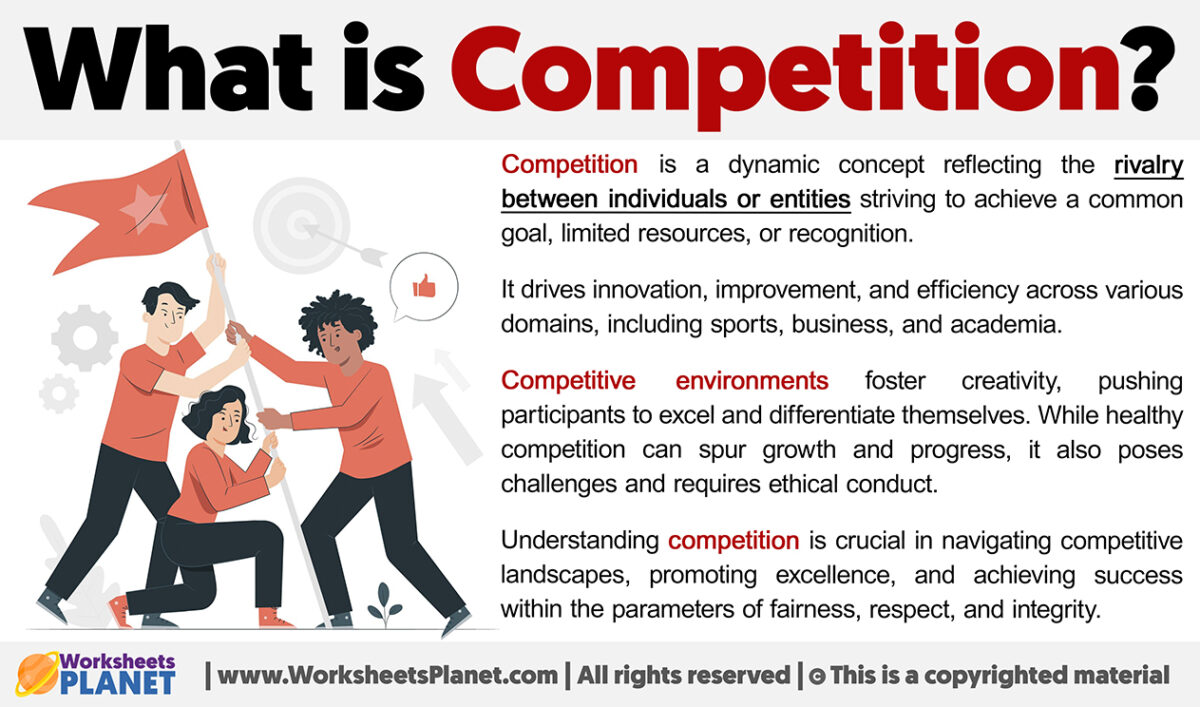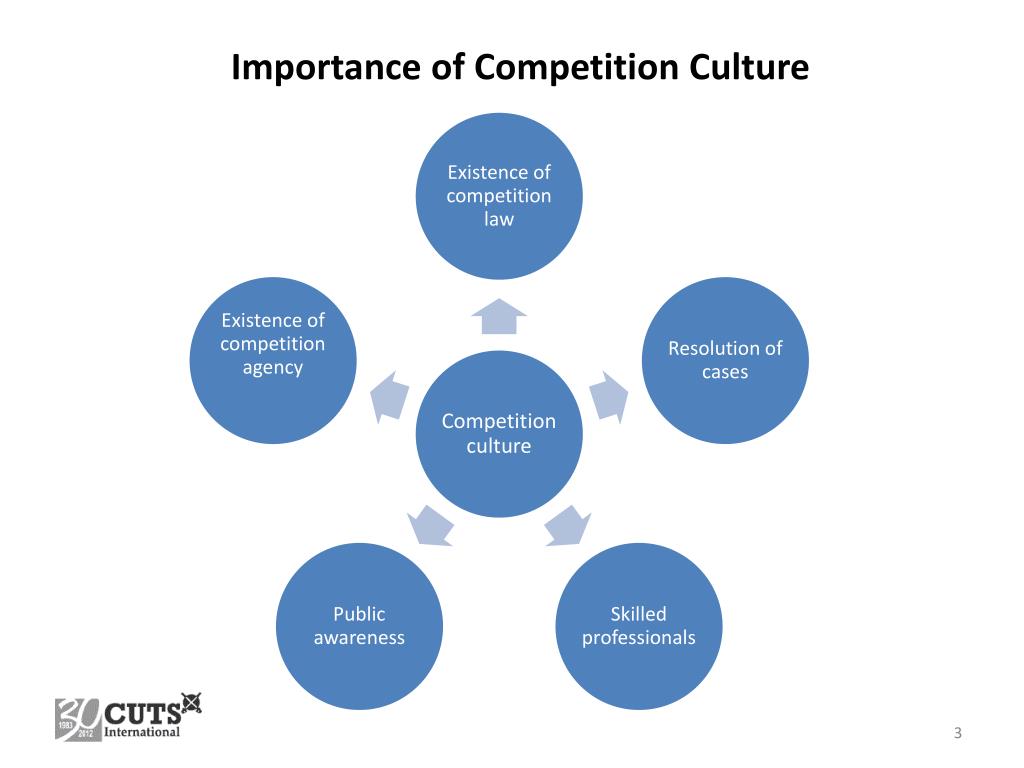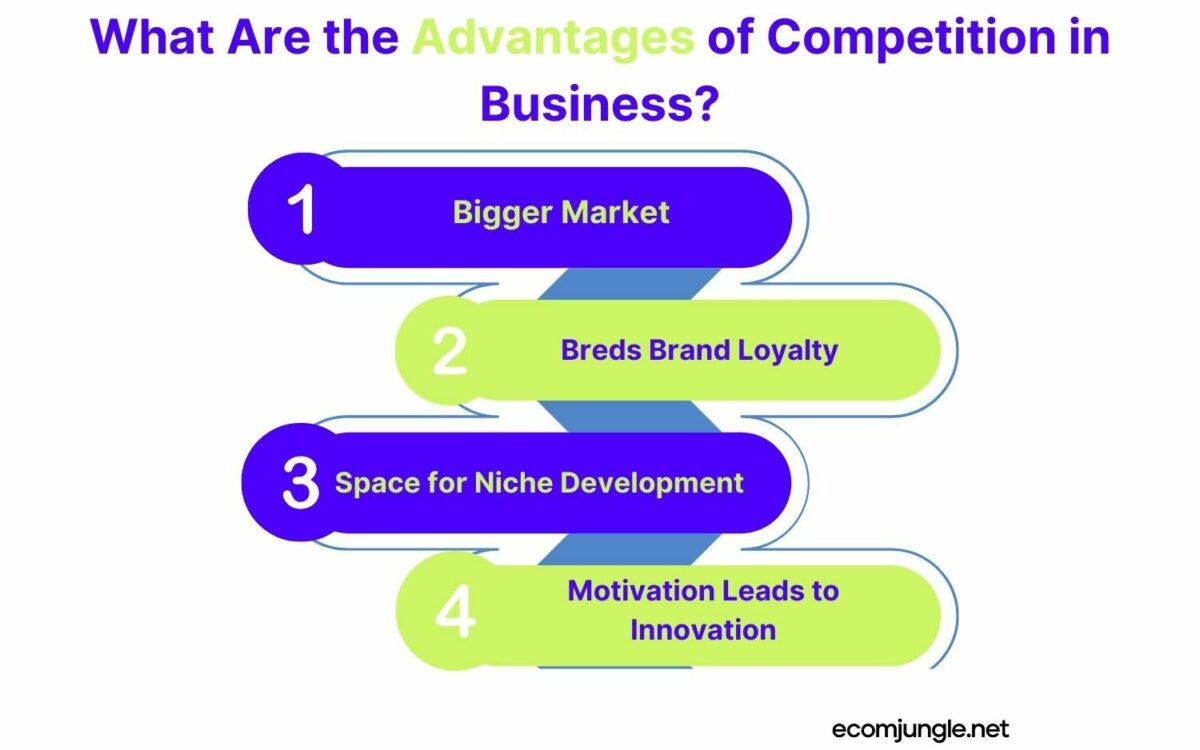Importance Of Competition In Business

In a globalized economy defined by rapid innovation and shifting consumer demands, the role of competition transcends mere rivalry. It's the engine of progress, driving efficiency, fostering innovation, and ultimately, shaping the very fabric of our market systems.
This article delves into the critical importance of competition in business, examining its multifaceted benefits for consumers, businesses, and the economy as a whole. We'll explore how competition spurs innovation, enhances productivity, and promotes fair pricing, drawing on research and insights from leading economic organizations and industry experts.
The Engine of Innovation and Efficiency
Competition is a powerful catalyst for innovation. Companies, striving to gain a competitive edge, are compelled to invest in research and development, leading to new products, improved processes, and enhanced services.
According to a report by the Organisation for Economic Co-operation and Development (OECD), increased competition fosters a more dynamic business environment, encouraging firms to adopt new technologies and improve their operational efficiency.
This constant push for improvement translates directly into lower costs and better value for consumers. The World Bank emphasizes that competitive markets force businesses to operate efficiently, passing on cost savings to consumers through lower prices and higher quality goods.
Consumer Benefits: Price, Choice, and Quality
Consumers are the ultimate beneficiaries of a competitive marketplace. When businesses compete for their patronage, they are forced to offer better prices, wider choices, and higher quality products.
A study by the Federal Trade Commission (FTC) highlights the importance of competition in preventing monopolies and protecting consumers from unfair pricing practices.
With a variety of options to choose from, consumers have the power to select the products and services that best meet their needs and preferences. This consumer sovereignty drives businesses to be more responsive to customer feedback and demands.
Productivity and Economic Growth
Competition is intrinsically linked to productivity growth. When businesses face strong competition, they are incentivized to optimize their operations and allocate resources more efficiently.
As Michael Porter, a leading authority on competitive strategy, argues, competition forces companies to be more innovative and productive, leading to higher wages and improved living standards.
The increased productivity resulting from competition contributes significantly to overall economic growth. According to the International Monetary Fund (IMF), policies that promote competition are crucial for fostering sustainable and inclusive economic development.
The Dark Side: Predatory Practices and Anti-Competitive Behavior
While competition generally benefits society, it's crucial to acknowledge the potential for predatory practices and anti-competitive behavior. Some companies may attempt to stifle competition through tactics such as price fixing, market division, and exclusive dealing arrangements.
Such practices harm consumers, stifle innovation, and undermine the integrity of the market. Antitrust laws, enforced by agencies like the FTC and the Department of Justice, are designed to prevent these anti-competitive behaviors.
These regulations aim to ensure a level playing field for all businesses and protect consumers from exploitation. Maintaining a vigilant watch against such abuses is essential for preserving the benefits of competition.
The Future of Competition in a Digital Age
The digital age presents both new opportunities and new challenges for competition. The rise of platform economies, with their network effects and potential for winner-take-all dynamics, raises concerns about market concentration and the potential for anti-competitive behavior.
However, technological advancements also offer new avenues for competition, enabling startups and smaller businesses to challenge established players. The internet and e-commerce platforms have lowered barriers to entry in many industries, fostering greater competition and innovation.
As technology continues to evolve, policymakers will need to adapt antitrust laws and regulations to ensure that markets remain competitive and consumers continue to benefit from innovation and choice. The task is to strike a balance: fostering innovation while safeguarding against harmful market power.
In conclusion, competition remains an indispensable force for progress in business. It drives innovation, enhances efficiency, benefits consumers, and fuels economic growth. By fostering a competitive environment, we can unlock the full potential of our economies and create a more prosperous future for all.










:max_bytes(150000):strip_icc()/what-is-competitive-advantage-3-strategies-that-work-3305828_FINAL-5b87022bc9e77c002524e634.png?ssl=1)







